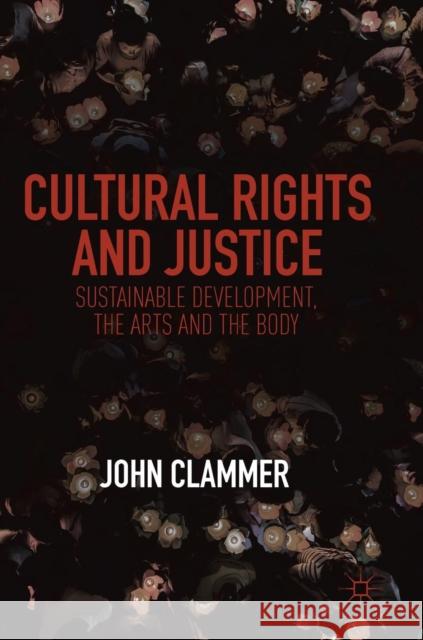Cultural Rights and Justice: Sustainable Development, the Arts and the Body » książka
topmenu
Cultural Rights and Justice: Sustainable Development, the Arts and the Body
ISBN-13: 9789811328107 / Angielski / Twarda / 2018 / 181 str.
Kategorie:
Kategorie BISAC:
Wydawca:
Palgrave MacMillan
Język:
Angielski
ISBN-13:
9789811328107
Rok wydania:
2018
Wydanie:
2019
Ilość stron:
181
Waga:
0.38 kg
Wymiary:
21.0 x 14.8
Oprawa:
Twarda
Wolumenów:
01
Dodatkowe informacje:
Wydanie ilustrowane











